TypeScript vs. JavaScript

What is TypeScript?
TypeScript, developed by Microsoft, is essentially JavaScript with the addition of types. Its primary goal is to help developers manage large codebases, making it an excellent choice for enterprise-level applications. TypeScript not only enhances JavaScript's capabilities by adding static types but also includes several features that are not available in the latest ECMAScript standards, providing developers with cutting-edge tools ahead of their general JavaScript availability.
Features of TypeScript
Strong Typing: TypeScript's type system allows for defining complex data structures, making the code not only more readable but also ensuring that it behaves as expected.
Enhanced IDE Support: Features like inline errors, code navigation, and refactorings are significantly enhanced, allowing developers to work more efficiently and accurately.
Access to ESNext Features: Developers can use proposed JavaScript features before they are fully adopted by browser environments.
What is JavaScript?
JavaScript is the scripting language that powers the web. It's used for client-side page behavior, but it has also become incredibly popular for server-side programming thanks to environments like Node.js. JavaScript's ability to interact with HTML and CSS makes it an indispensable tool for front-end development, offering limitless possibilities for creating interactive and dynamic user experiences.
Features of JavaScript
Versatility: JavaScript is used for both front-end and back-end development, making it extremely versatile.
Interactivity: It can handle events and interactions on the web page, providing immediate feedback to users without needing to reload the page.
Community and Ecosystem: JavaScript has one of the largest development communities and an expansive array of libraries and frameworks, which facilitates rapid development of applications.
The Relationship Between TypeScript and JavaScript: A Synergistic Approach
The connection between TypeScript and JavaScript is best described as complementary rather than competitive. TypeScript builds on the foundation of JavaScript, adding syntactical enhancements and features that streamline the development process for large-scale applications. This relationship is symbiotic; TypeScript brings type safety and enhanced tooling to the flexible, dynamic nature of JavaScript, allowing developers to write safer and more maintainable code. By understanding and leveraging this relationship, developers can utilize the strengths of both languages in harmony, ensuring robust application architecture while maintaining the rapid development cycles that JavaScript facilitates. If you're exploring the best headless CMS to complement your development workflow, check out our in-depth comparison of Orbitype vs. Strapi vs. Sanity to discover which platform best fits your project needs.
How Orbitype Can Enhance Your Development Process
With Orbitype, you can tap into the full potential of both TypeScript and JavaScript, simplifying the complexities of web development. Orbitype enables efficient project planning, streamlined development, and robust post-launch support through its advanced tools and features. This product is designed to help you create customized, effective, and future-proof solutions, ensuring that your web applications remain relevant and performant in the rapidly evolving digital landscape.
Choosing Orbitype for Your Web Development Needs
Choosing Orbitype for your web development means leveraging a product that not only understands the technical landscape but also supports your business's specific goals. Here are several key reasons why Orbitype stands out as the preferred choice for modern web development:
Proven Expertise: Orbitype embodies extensive experience in both TypeScript and JavaScript, crafted into its robust framework. This expertise ensures that complex challenges are effectively addressed, offering high-quality solutions that meet the exact needs of its users.
Future-Ready Technology: Orbitype stays at the forefront of web technology trends, equipping its users with the latest advancements. By incorporating TypeScript, Orbitype ensures that your solutions are robust, scalable, and maintainable, making your investment sustainable over the long term.
Customized Solutions: Recognizing that each business has unique needs and challenges, Orbitype is designed to be highly customizable. It excels in adapting to align with your business objectives, operational demands, and strategic goals.
Commitment to Quality: Quality is at the core of Orbitype's offerings. The product is rigorously tested and updated to ensure it not only meets but exceeds the high standards expected by its users.
Holistic Approach: Orbitype goes beyond coding. It provides comprehensive tools and resources for strategic planning, training, and post-launch maintenance, ensuring that your application remains efficient and effective throughout its lifecycle.
Enhanced Collaboration and Communication: Clear communication and collaboration are crucial for successful outcomes. Orbitype facilitates this with advanced project management tools and features designed to keep you informed and engaged throughout your development process.
Conclusion
When deciding between TypeScript and JavaScript for your projects, consider the specific needs of your project and the capabilities of your development team. With Orbitype, you can harness the strengths of both languages to develop efficient, effective, and adaptable web solutions that align with your strategic goals. Orbitype empowers you to build superior web applications that are not only innovative but also built to last, leveraging the unique synergies of TypeScript and JavaScript.
Read more
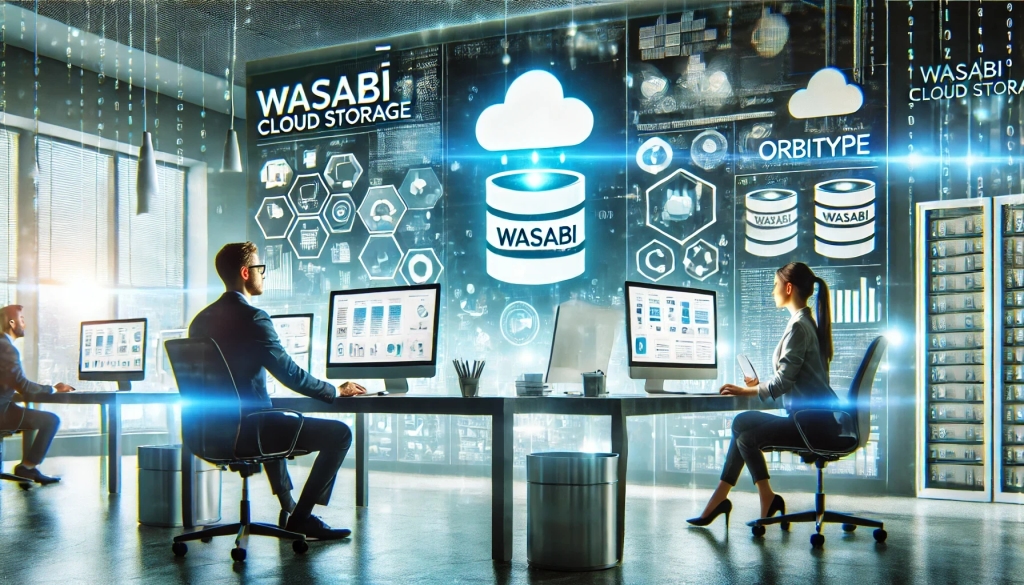
Seamless Data Management: Integrating Wasabi Cloud Storage with Orbitype
Boost your CMS performance with Wasabi Cloud Storage and Orbitype integration. Learn how this cost-effective, scalable solution enhances data management and delivers exceptional results.
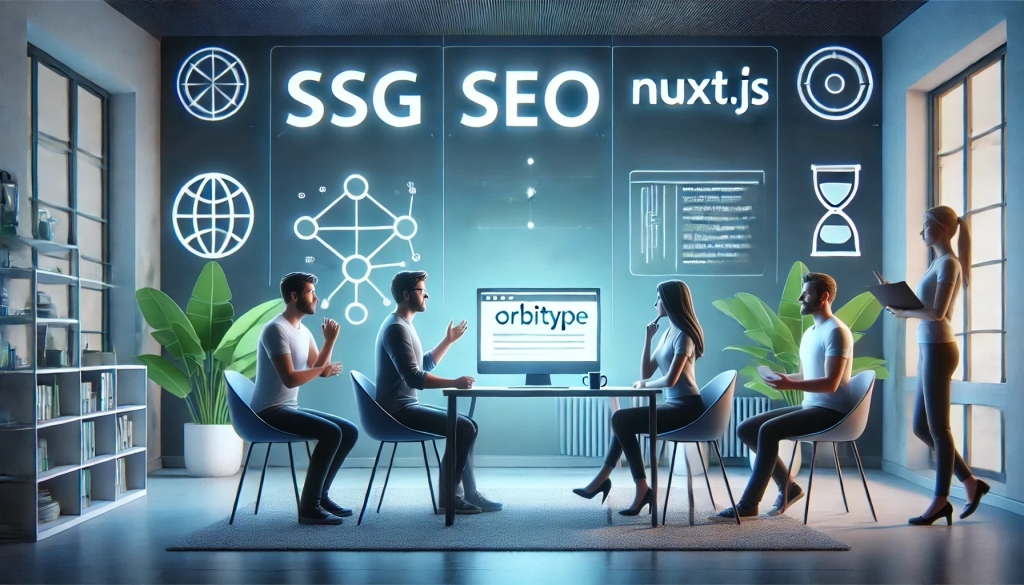
Integrating Orbitype with Nuxt.js for Optimal Performance and SEO
Leveraging Orbitype, a robust headless CMS, with Nuxt.js, a Vue.js framework, provides developers a powerful solution for building fast, SEO-optimized websites. This blog post explores how the integration of Orbitype and Nuxt.js harnesses the benefits of static site generation (SSG) and server-side rendering (SSR), thanks to Orbitype's API-driven content management system.
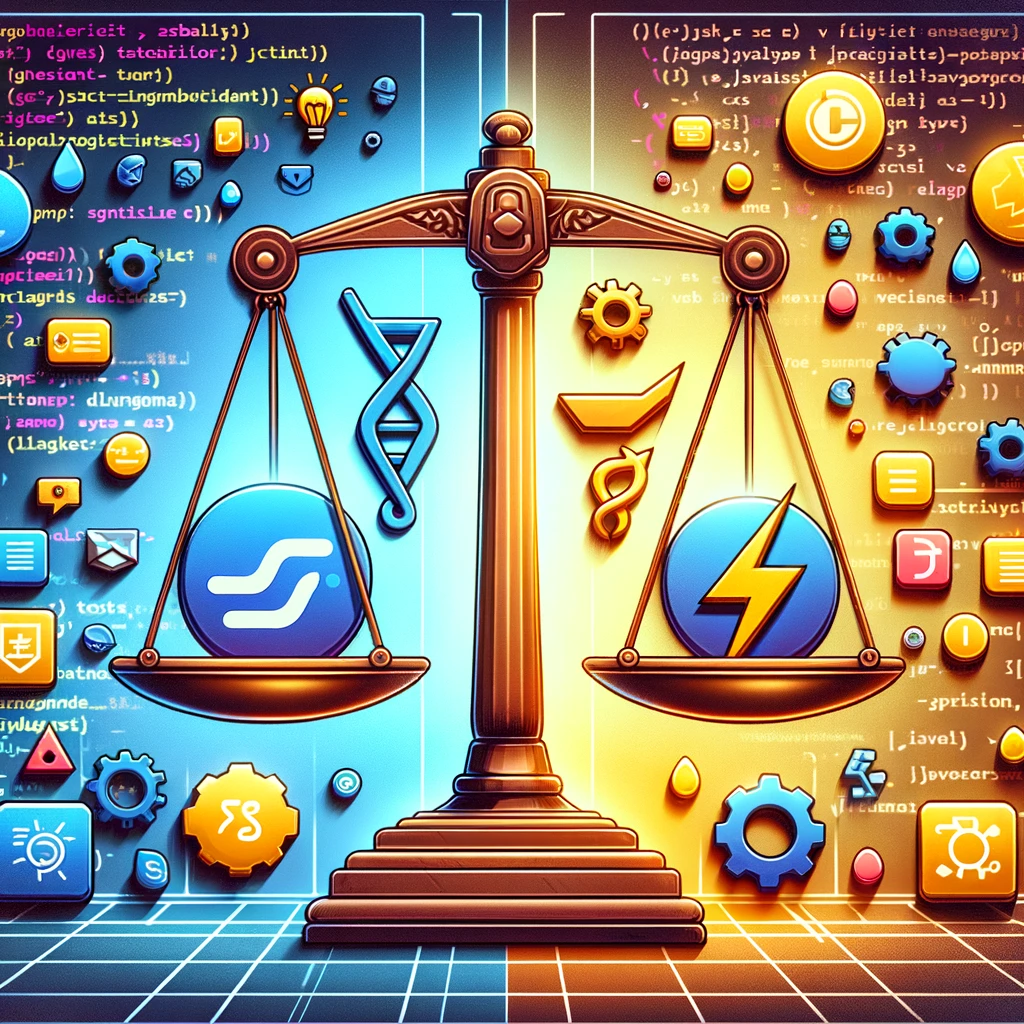
TypeScript vs. JavaScript
Discover the synergy between TypeScript and JavaScript for web development. Learn how Orbitype supports Nuxt CMS, headless CMS for Nuxt, and future-ready digital trends.
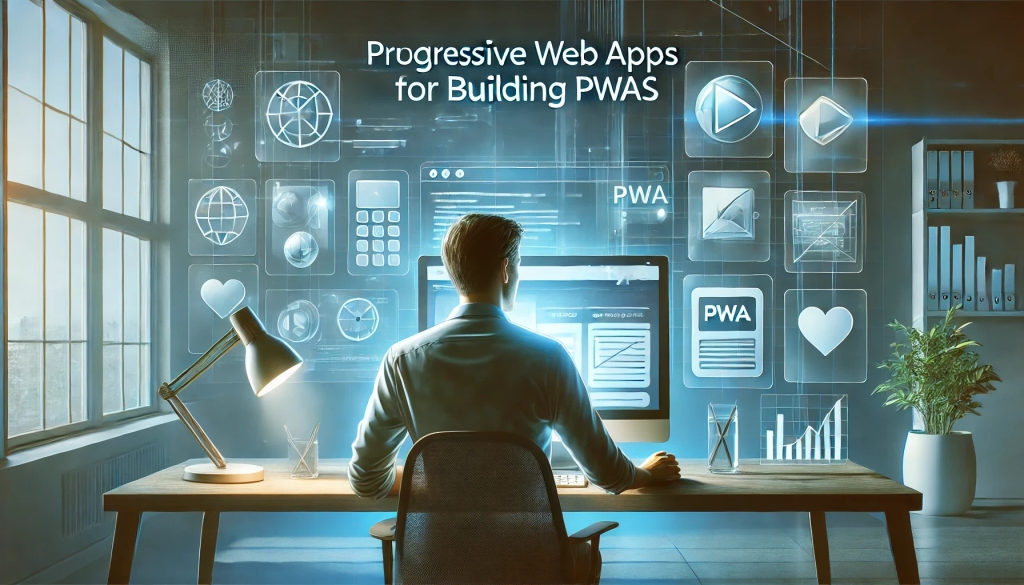
Building Progressive Web Apps (PWAs) with Orbitype
Explore how Orbitype enhances Progressive Web Apps (PWAs) with optimized performance, offline capabilities, and seamless content management for superior user experiences.
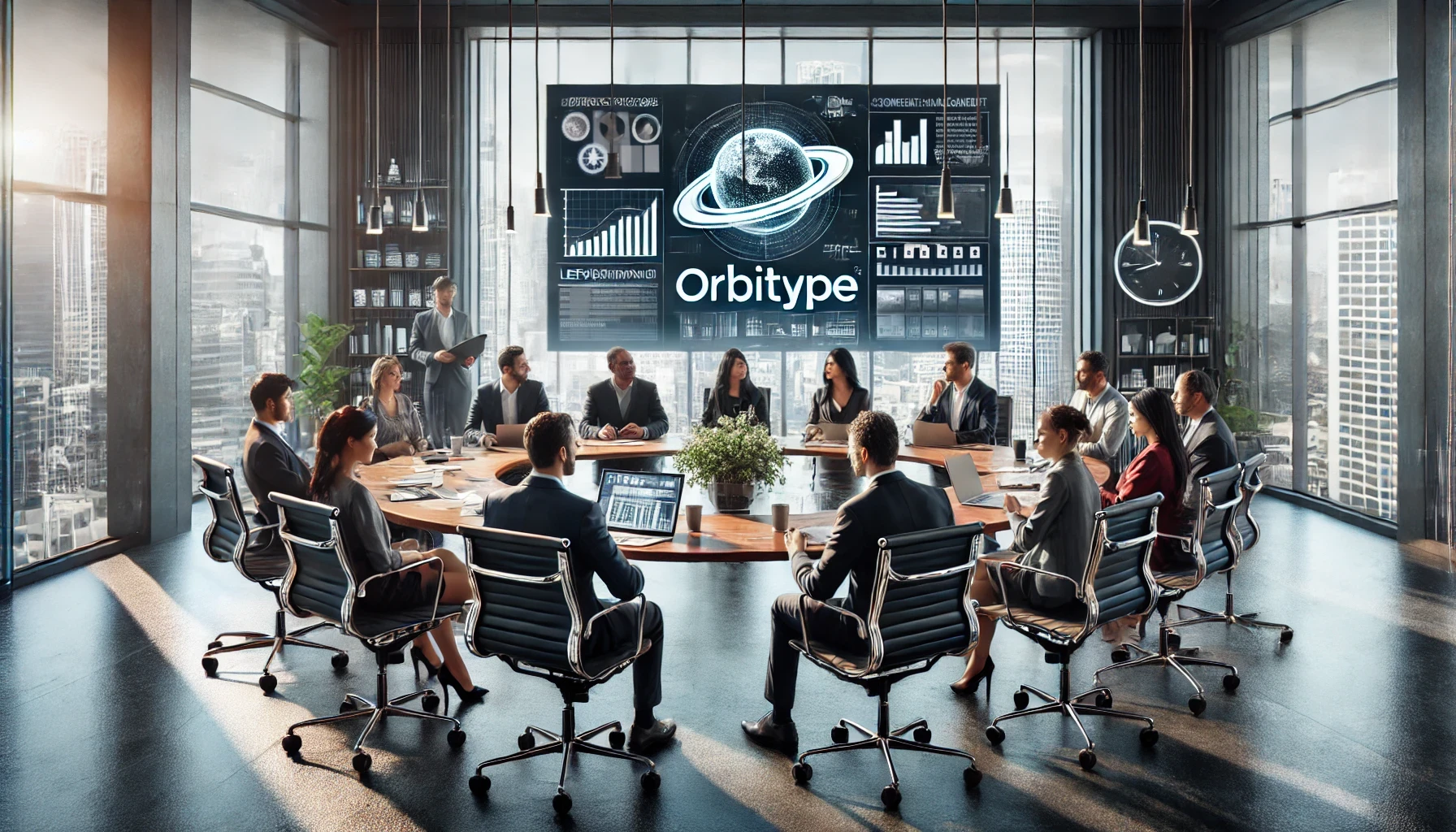
Leveraging Orbitype for Efficient Content Management in E-Commerce
nhance your e-commerce performance with Orbitype CMS. This scalable headless CMS simplifies content management, boosts SEO, and seamlessly integrates with Shopify, WooCommerce, and Magento for dynamic, flexible solutions.

Mastering Third-Party Integrations with a Headless CMS for Efficient Workflows
Streamline workflows and scale your business with seamless third-party integrations using Orbitype's flexible headless CMS—designed for efficiency, automation, and growth.
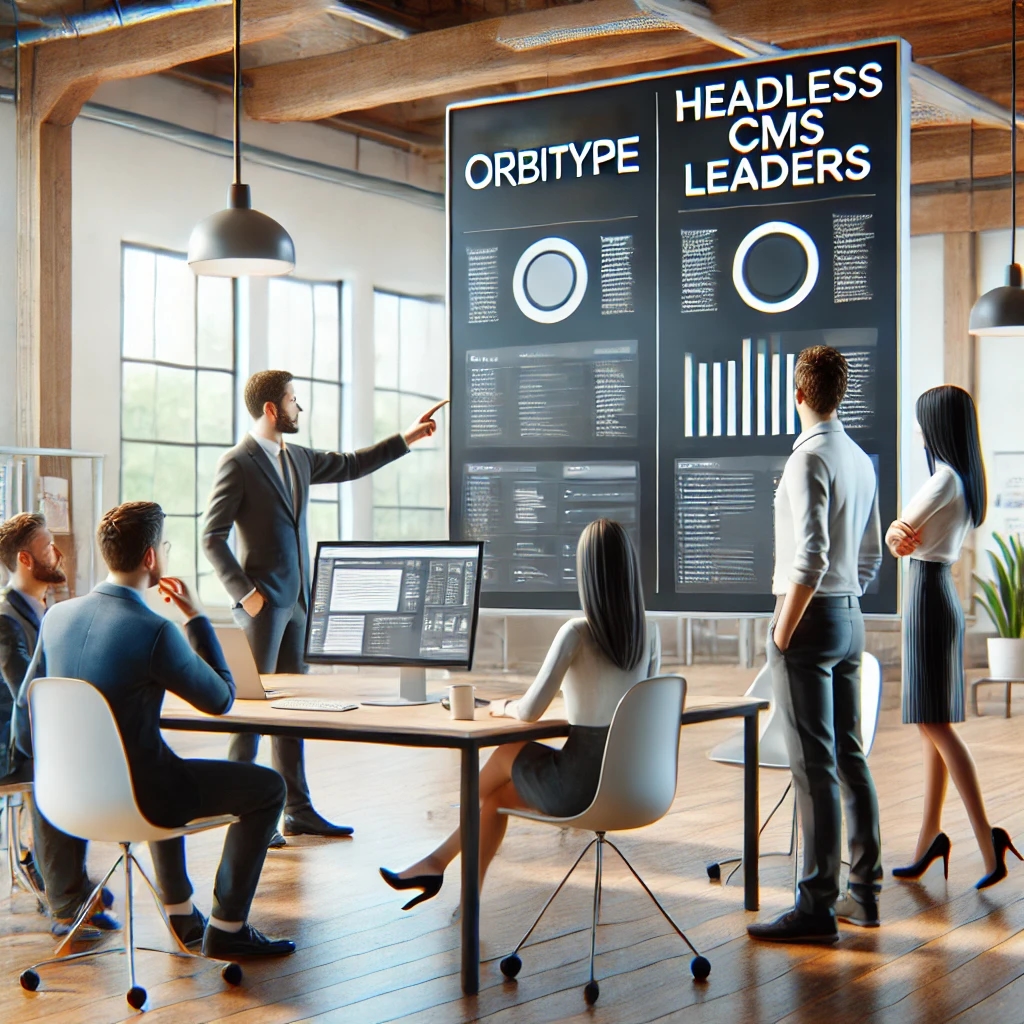
How Orbitype Compares to Headless CMS Leaders in 2025
Struggling to choose the best CMS? Discover how Orbitype compares to headless CMS leaders in 2025, solving complexity and scalability challenges with ease. Try Orbitype!
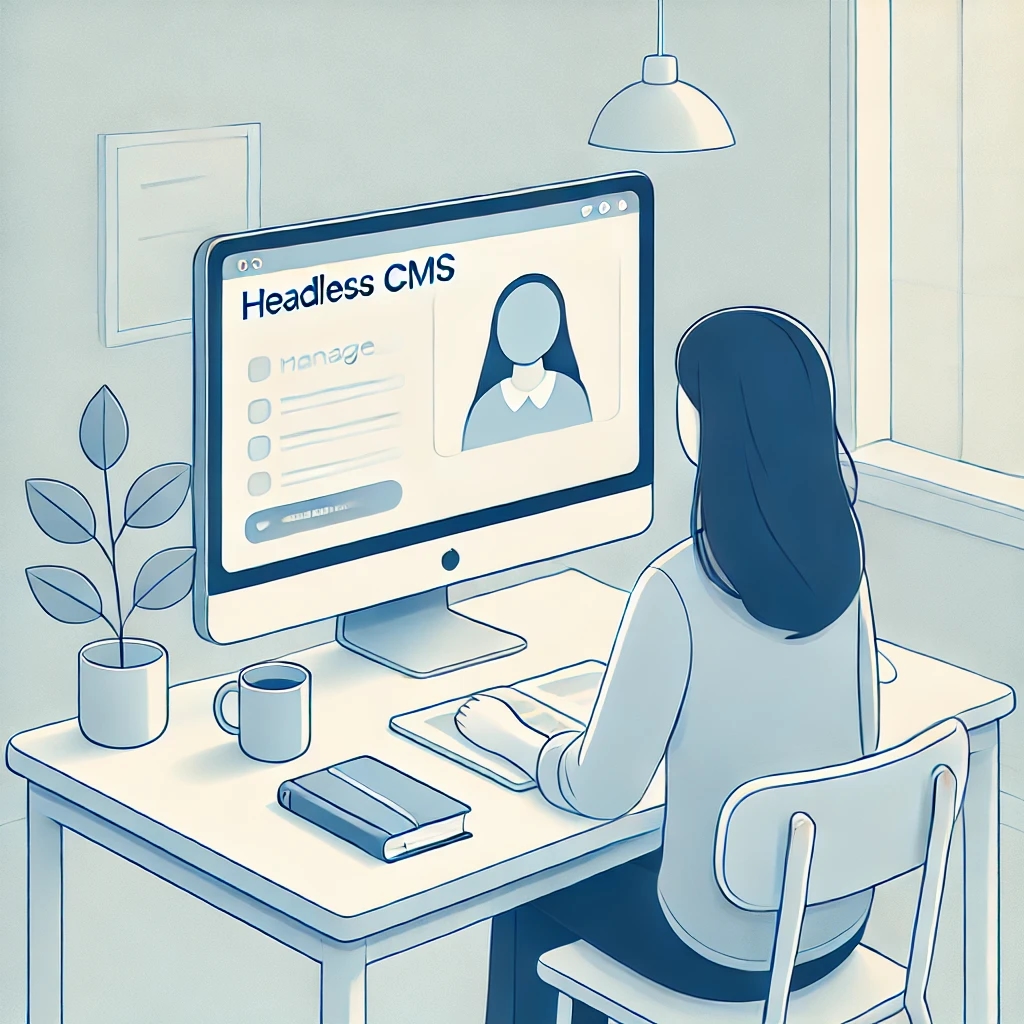
How Educational Institutions Benefit from Headless CMS for Online Learning
Enhance online learning with a Headless CMS. Discover how centralized content management, scalability, and seamless multi-channel access can transform educational platforms.
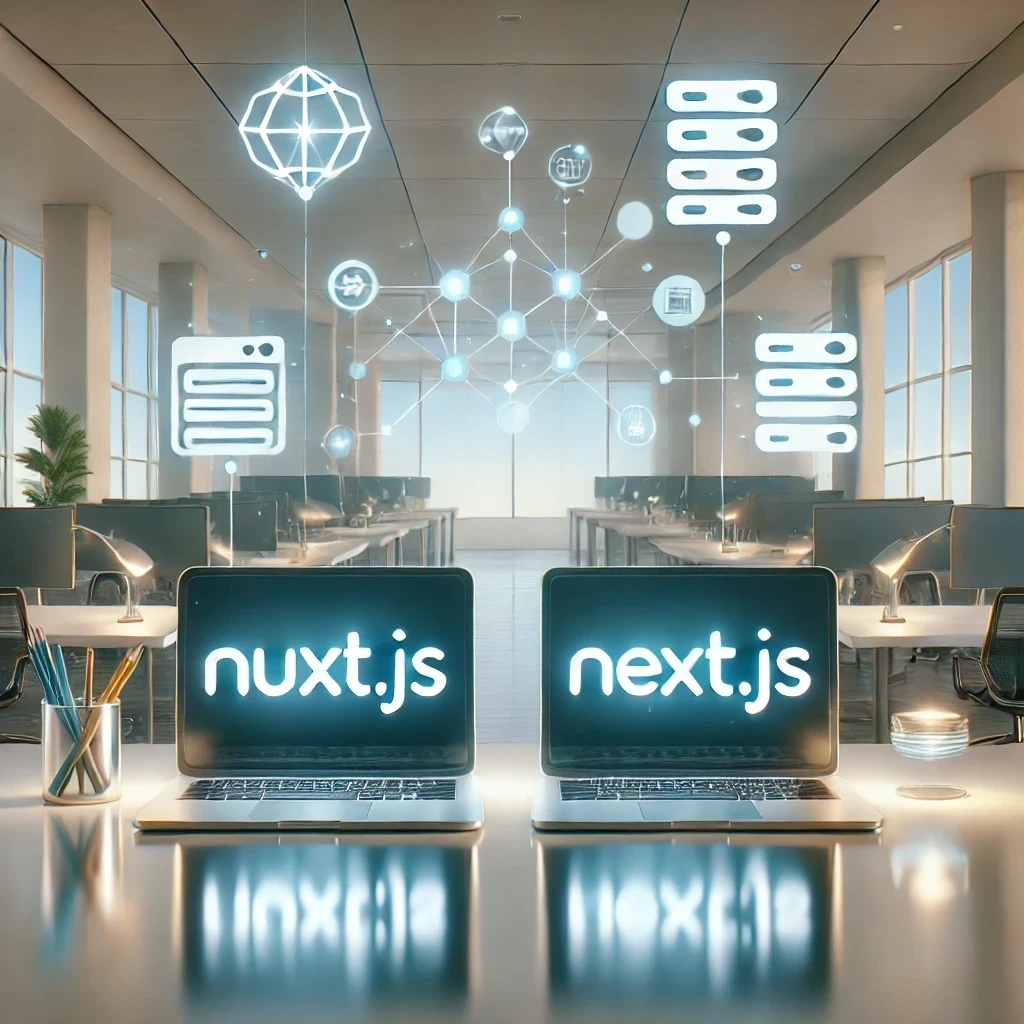
Nuxt vs Next: Which Framework Works Best with Headless CMS?
Compare Nuxt.js and Next.js to find the best frontend framework for your Headless CMS. Discover which offers better performance, scalability, and flexibility for dynamic web projects.
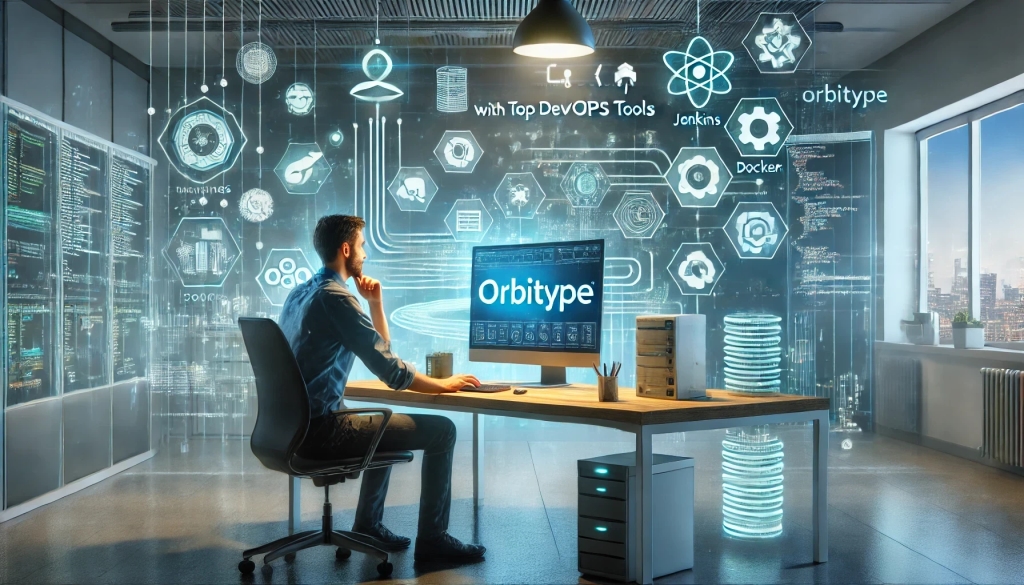
Streamlining Development: Integrating Orbitype with Top DevOps Tools
Discover how to integrate Orbitype with leading DevOps tools like Jenkins, Docker, and Kubernetes. Learn best practices for automating deployments, containerizing Orbitype, and scaling efficiently while streamlining workflows for continuous integration and delivery.

Building High-Performance Vue Apps with a Headless CMS
Discover how to optimize Vue.js apps with a Headless CMS for high performance, scalability, and SEO. Learn best practices and tools for creating dynamic web apps.

SQL or NoSQL: What's Best for Mobile Applications Using Orbitype?
Explore Orbitype, the ultimate headless CMS for React developers, offering seamless content management, enhanced performance, and flexibility to create dynamic web applications with ease. Learn how Orbitype simplifies workflows and boosts productivity.
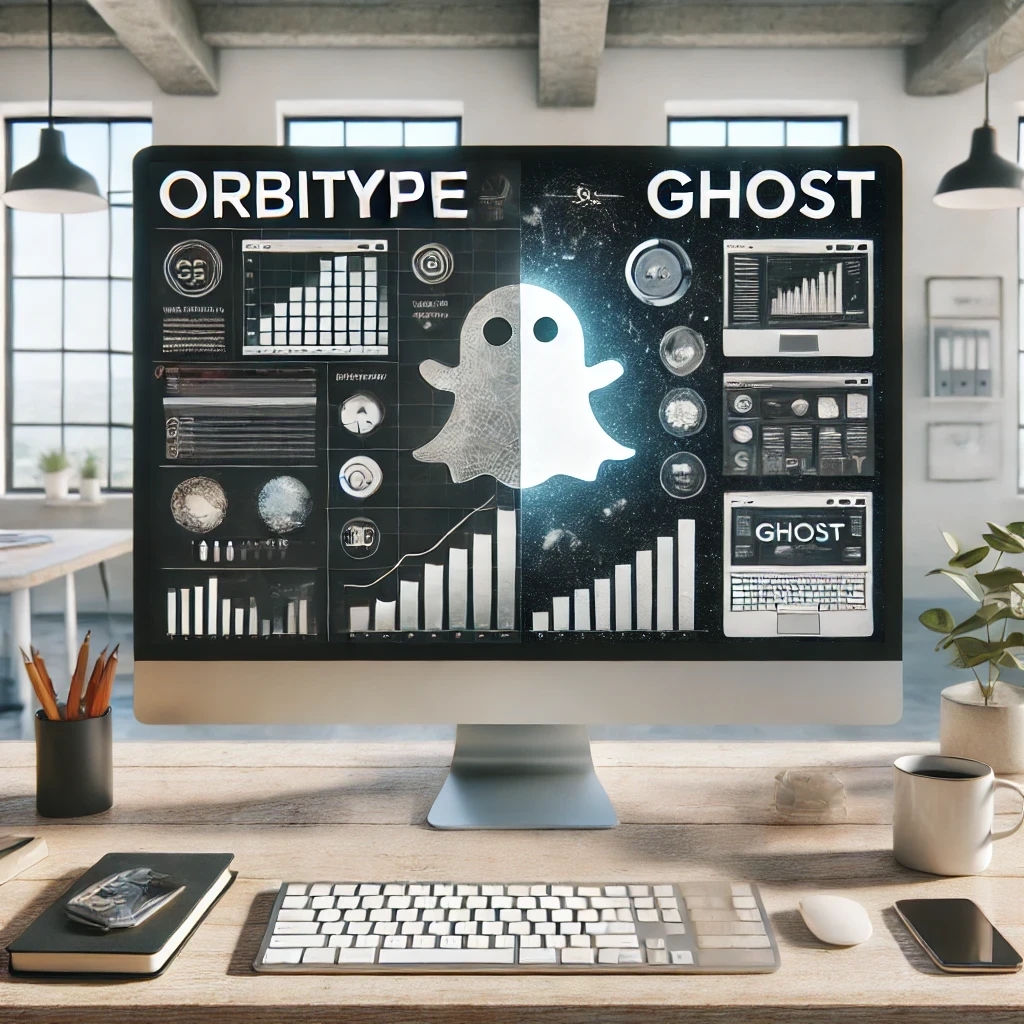
Comparing Orbitype and Ghost: Best CMS for Blogging in 2025
Compare Orbitype and Ghost to find the best CMS for blogging in 2025. Discover which platform suits your goals, from scalability to simplicity and dynamic content
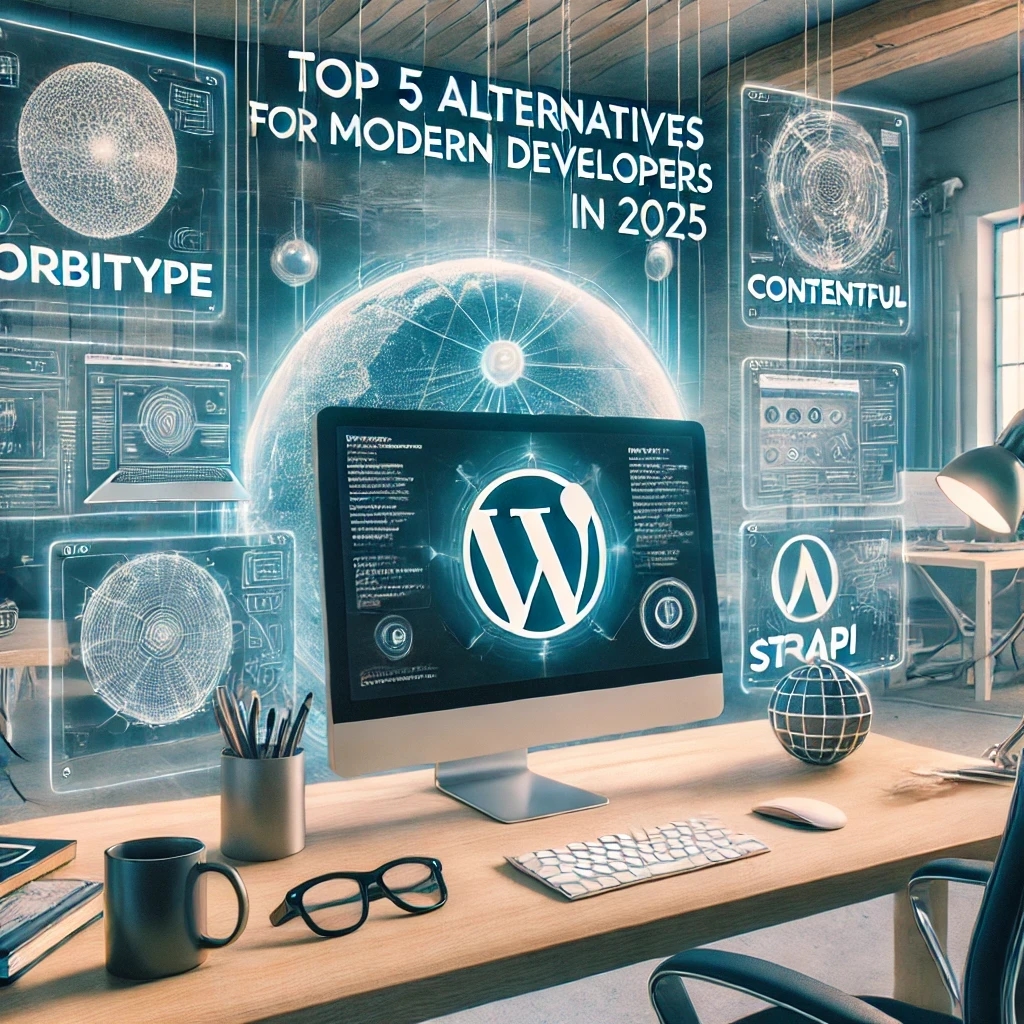
Top 5 Alternatives to WordPress for Modern Developers in 2025
Discover the top WordPress alternatives for 2025, including Orbitype, Contentful, and Strapi. Explore modern CMS platforms offering scalability, flexibility, and cutting-edge tools for developers.

Security and Compliance in Headless CMS: Focus on Orbitype
Explore headless CMS security with Orbitype: advanced authentication, data encryption, and compliance with GDPR & CCPA. Learn best practices for secure CMS operations.

10 Tips for Optimizing Core Web Vitals in Headless CMS Websites
Discover 10 actionable tips to optimize Core Web Vitals for Headless CMS websites. Improve performance, SEO, and user experience with these essential strategies.
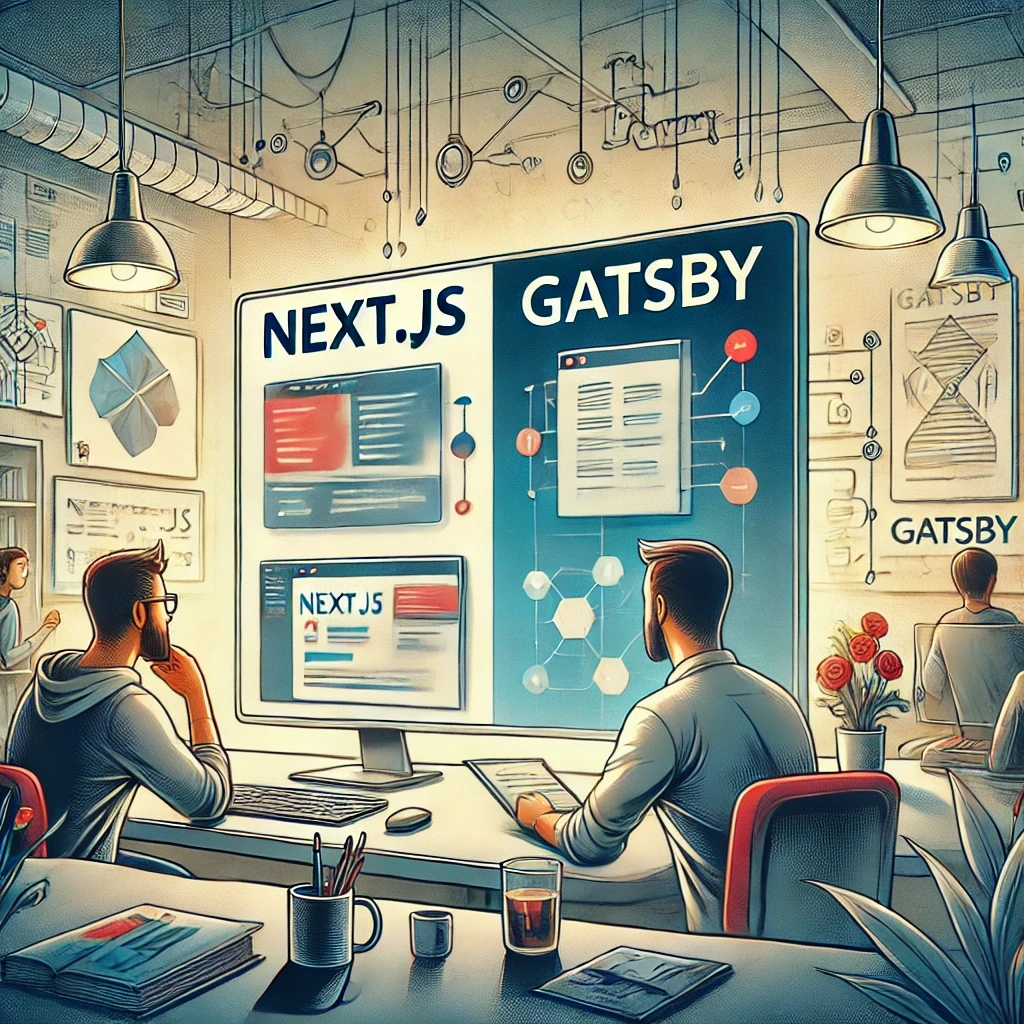
Next.js vs Gatsby: Which Works Best With a Headless CMS?
Choosing between Next.js and Gatsby can be challenging when working with a Headless CMS. This guide breaks down their strengths and helps you decide which framework works best for your dynamic or static content needs.

CMS for Vue.Js - Orbitype Headless CMS
Explore Orbitype, the best Headless CMS for Vue.js, offering seamless API integration, dynamic content management, and unmatched performance for interactive front-end development.
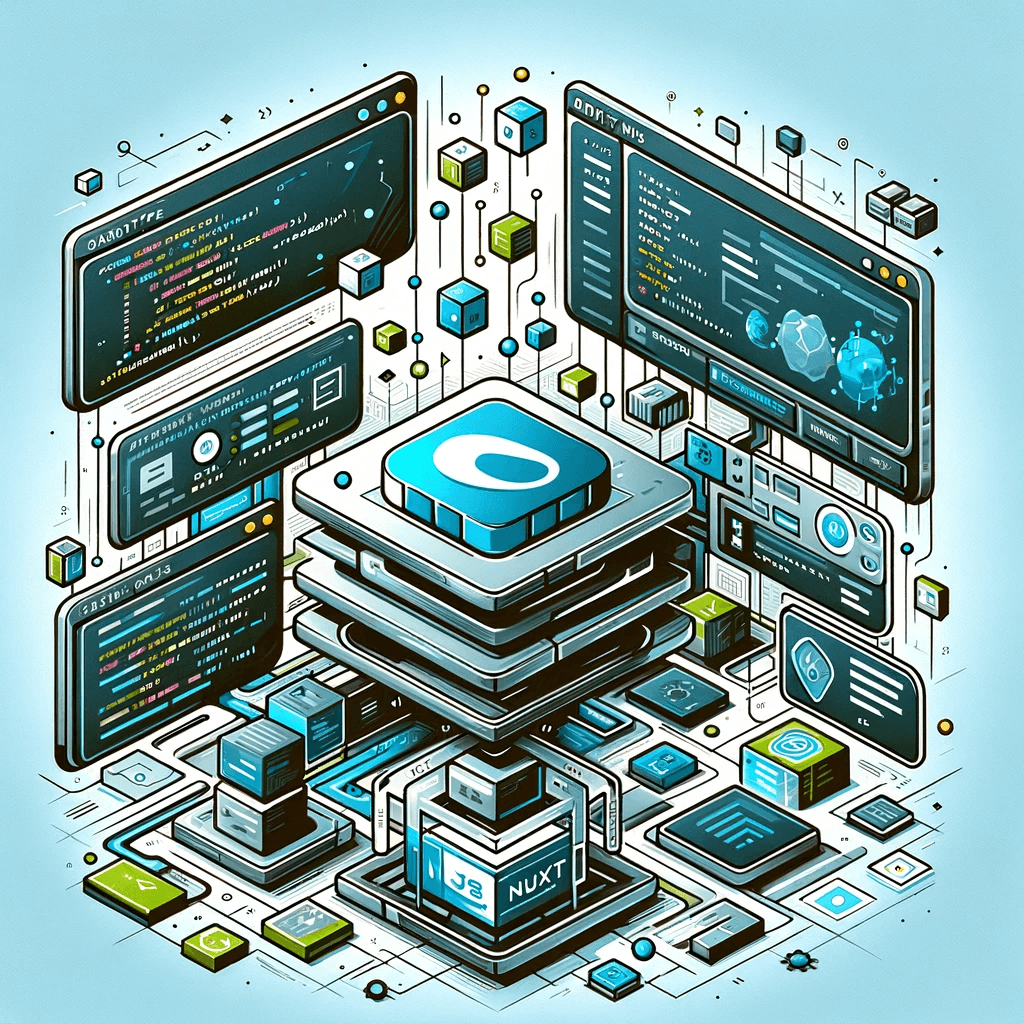
CMS for Nuxt - Orbitype Headless CMS
Optimize your Nuxt.js projects with Orbitype, the API-first Headless CMS offering scalable content management, multimedia repositories, and enhanced SEO for modern web applications.

Best Headless CMS Solutions for Portfolio and Personal Websites
Showcase your work with ease using Orbitype—the ultimate Headless CMS for portfolio and personal websites. Enjoy seamless integration, powerful customization, and SEO-friendly features designed for creators and developers.
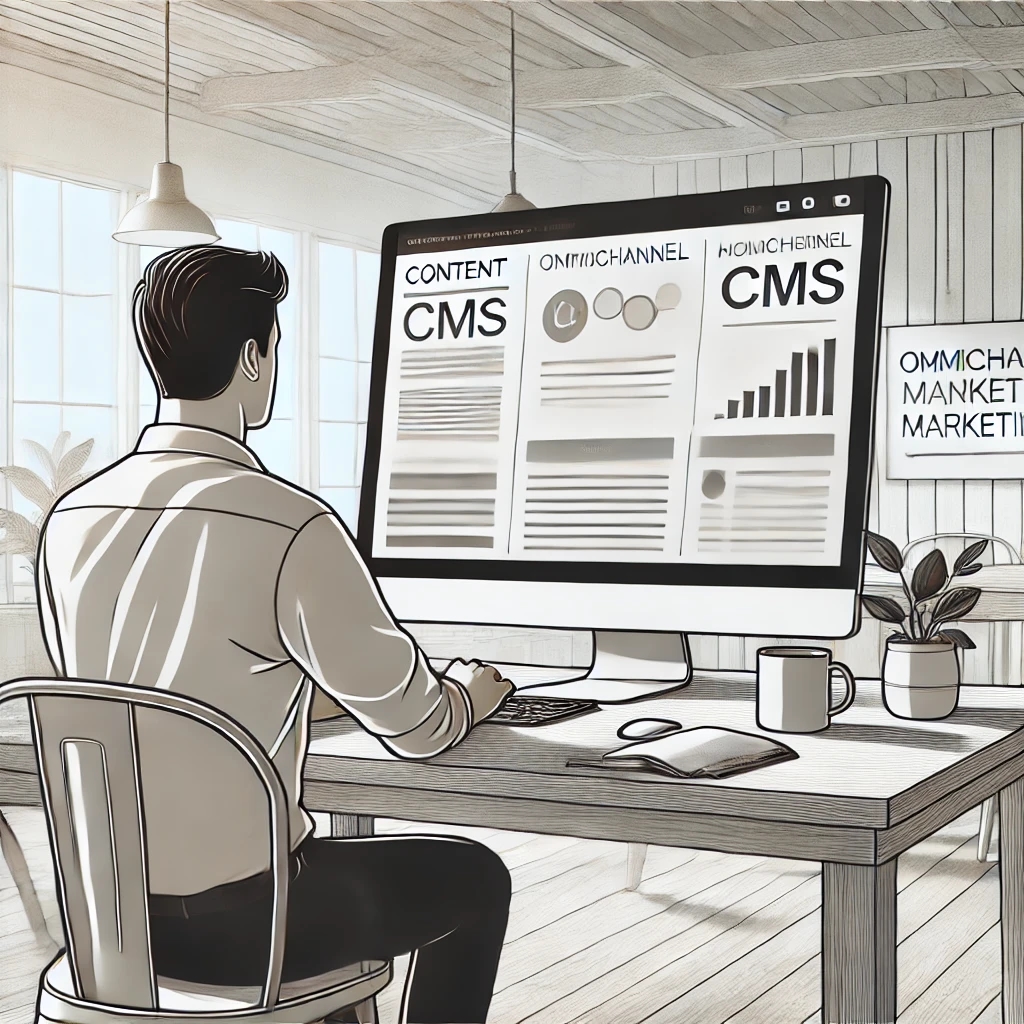
How Headless CMS Empowers Omnichannel Marketing Strategies
Boost your omnichannel marketing strategy with a Headless CMS. Centralize content management, deliver personalized customer experiences, and ensure consistency across platforms.

How to Scale Your Website with a Headless CMS for High Traffic
Scale your website effortlessly with a headless CMS like Orbitype—achieve faster load times, seamless scalability, and reliable performance during high-traffic surges

CMS for React - Orbitype Headless CMS
Orbitype is the ideal CMS for React developers, combining seamless API integration, flexible content management, and scalability to create fast, dynamic, and customizable web applications effortlessly.
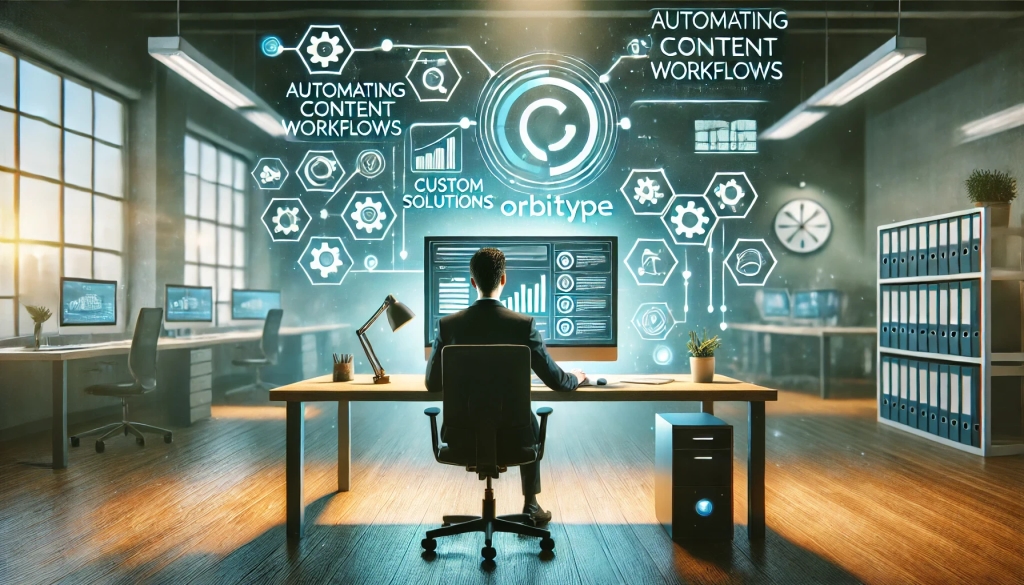
Automating Content Workflows with Orbitype’s Custom Solutions
Discover how Orbitype's custom CRM and ERP solutions revolutionize content workflows. Automate processes, reduce manual tasks, and improve productivity for software development agencies with tailored tools for seamless collaboration and efficiency.